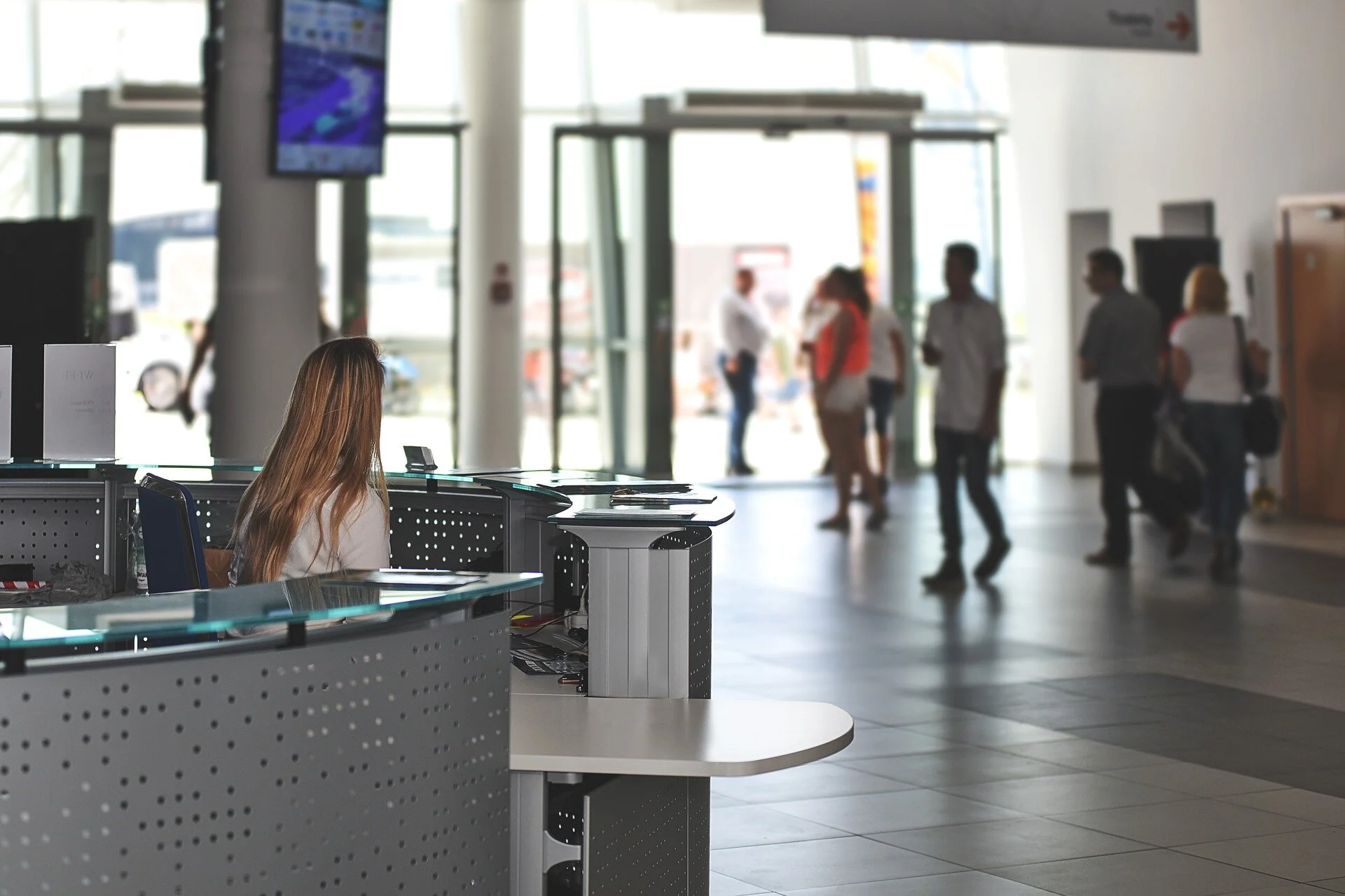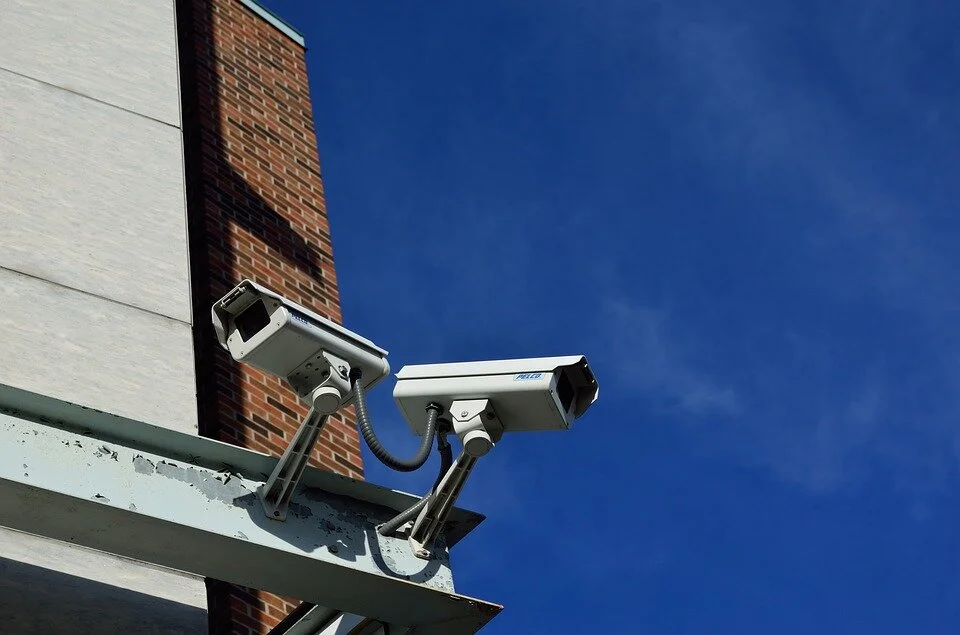Sensational Ways of Protecting Your Business in 2020
/In today’s digital age, it’s more important than ever to know the potential cybersecurity risks that could harm your business or brand as well as for entrepreneurs to have fundamental knowledge on the right online safety and security protocols. In the following article, we discuss simple ways to protect your business this year and beyond.
Running a company in today’s digital environment comes with all kinds of cybersecurity challenges and issues, and this is something you as the manager or owner need to make sure you get right. Think about the different elements that play a part in helping to improve your company and make it more of a success in the future. This is something that you need to work on right now, and it is going to have a major impact on the future of the company.
Knowing Cybersecurity Risks and How to Prevent Them to Protecting Your Small Business
Cybercrime is such a massive issue in the world of modern business that you need to make sure you take decisive action. There are so many ways in which your business may be at risk digitally, and this is one of the reasons why cybersecurity is an absolute must. You need to know what it takes to protect your company, and one of the best ways of doing this today is to make sure you think about having cybersecurity measures in place to protect against that. Try to hire IT experts to take charge of this for you and ensure that you do as much as you can to improve cybersecurity measures right now. Protecting your business from cyberattacks and ransomware issues is critical to building trust with customers. Assure your customers that their financial and personal information is safe and secure.
Hiring an Attorney with the Right Expertise and Experience to Protect Your Business
Make sure you think about how you can protect the future and reputation of your brand. This means looking after the public persona and perception of your company, and there are a lot of ways you can go about achieving this. Make sure you look at doing what you can to hire a business attorney. You can protect your business from negative publicity as well as legal action by making sure you have a skilled and professional business attorney to hand. The right attorney can also handle all intellectual property issues.
Ensuring Your Business Has the Right Password Protection
It is also important to do as much as you can to password protect your files and equipment. This is something that is so simple, but it can actually be more important than you might think. So, you are going to need to factor in the best possible ways of utilizing password protection all across the company.
It is important to use complex passwords. Password protecting your devices, your network, and your files is so important. We recommend using passwords with at least 17 characters and updating them every three to four months to prevent your accounts from being hacked. In fact, we change and update our passwords every three months to ensure our emails, devices, and other important digital tools remain secure.
Using a Secure Server to Prevent Cyberattacks and Malware Issues for Online Safety and Security
One of the best ways to prevent cyberattacks and malware issues is to make sure you use a secure server so that you can be sure your business data and information is protected. Dell, Lenovo, and other PC companies sell affordable options.
Making Sure to Disaster-Proof Your Premises
The company is not just at risk from cybercriminals and malpractice suits, unfortunately. You also need to understand that improving and protecting your business also involves disaster proofing the premises as much as possible to prevent injuries. Make sure you do as much as you possibly can.
Earthquake retrofit contractors can play a massive part in the process of protecting your business premises and protecting them from harm. Natural disasters to protect your business against:
· Tornadoes
· Earthquakes
· Landslides
· Tsunamis
· Lighting
· Volcanic activity
· Hurricanes
· Fires and floods
Here are other types of disasters to consider when it comes to protecting your business:
· Hardware failure – failed hardware issues can lead to downtime and team lost productivity.
· Online security breaches – online security breaches can expose your customer’s personal data to hackers.
· Social media hijacking – if your Twitter, Facebook, or Instagram page is hacked and the hacker posts a derogatory comment or photo to your account, this can cause huge reputational issues for your company. We had our Twitter.com account hijacked several years ago, and it took more than a week to attain control and fix all of the problems this person caused.
· Software corruption – if your company’s software programs are corrupted and you haven’t backed up the data, this can lead to huge issues with lost files.
· Malware/ransomware attacks – viruses and worms can cause huge issues such as data theft, corruption, or permanent data loss for your small business so it’s important to have the right firewalls and cybersecurity protection on all devices—both in the office and at home.
· Robberies/burglaries – upscale businesses such as jewelry stores and high-end retailers are at a higher risk of being burglarized so it’s important to have the right safety protocols in place. These include security cameras, a security system, and an insurance policy in the event that thousands of dollars in merchandise is stolen.
Developing and Implementing Health & Safety Training for All Employees
Health and safety training is one of the most important things you can use to improve your company. Protect the future of the business by making sure you think about how you can improve your staff training and health and safety. Protecting your business and ensuring you are focused on looking after the brand is more important than anything else. There are a lot of things that play a part in helping you protect your company, and health and safety training is an important way of being able to do this.
There are many things you are going to need to think about when it comes to improving and protecting your business from cybersecurity attacks and other safety issues. Preventing cyberattacks and other issues should be at the forefront of your mind.











